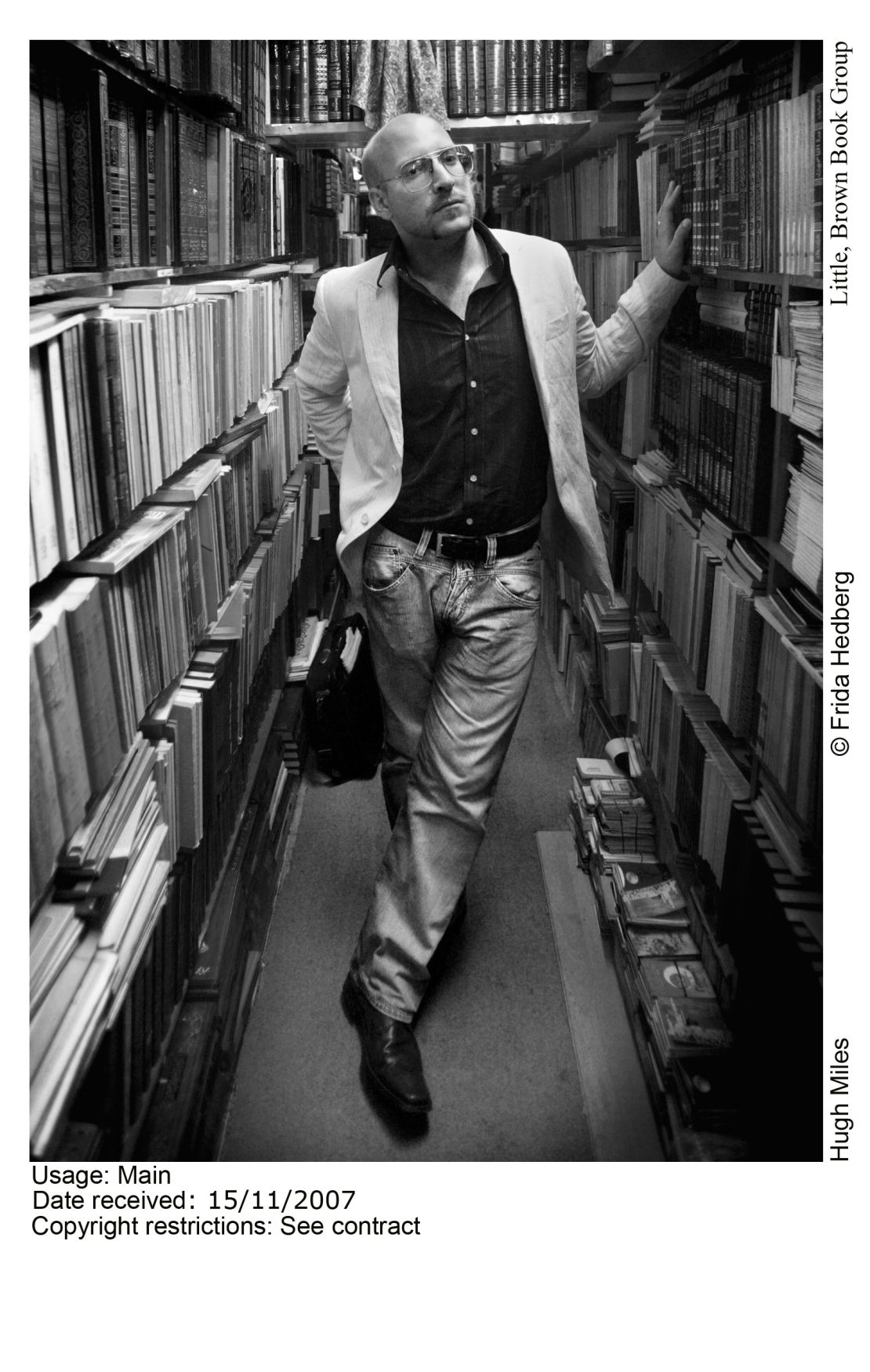Hugh Miles is an author and freelance journalist specializing in the Middle East. He is contributing editor of Arab Media and Society, a media journal published by the American University in Cairo’s Centre for Television Journalism. He lives in Cairo.
Story highlights
Qatari TV network Al Jazeera buys Current TV, gaining access to millions more U.S. viewers
Network has struggled to be accepted in wake of September 11 attacks, says Hugh Miles
Rehabilitating Al Jazeera's image in America was never going to come cheap, Miles adds
Miles: Qatar's priority is drumming up support in case of a war in the Gulf
The controversial Qatari TV network Al Jazeera has bought Current TV, gaining access to millions more U.S. viewers and taking a major step forward in cracking the longed-for U.S. market.
The move is the network’s crowning achievement in the U.S. after years struggling to be accepted in the wake of the September 11, 2001 attacks, when Al Jazeera was vilified by the Bush administration for broadcasting the notorious Osama bin Laden videos and other anti-American material.
Read more: Once called ‘terror network,’ Al Jazeera America dares to enter U.S. cable market
But following the U.S. military withdrawal from Iraq, U.S. relations with the channel improved. Recently Al Jazeera’s English-language channel has won several prestigious industry awards, as well as plaudits from senior U.S. policy-makers such as Hillary Clinton.
The New York Times reports that Al Jazeera paid $500 million for Current TV, a huge sum by TV industry standards and a big investment at a time when many rival news networks are cutting back on news bureaus and staff.

But it’s peanuts when one remembers that the man behind the network, the Emir of Qatar, Sheikh Hamad bin Khalifa al-Thani, is sitting on one of the world’s fastest-growing economies and the world’s third largest gas reserves.
From his point of view, rehabilitating Al Jazeera’s image in America was never going to come cheaply and at least now Al Jazeera can access more of the highly lucrative U.S. cable TV market. But this was never about the money.
Qatar’s priority is drumming up international support in case of another major crisis in the Gulf region that threatens its wealth and independence, like for example a war with Iran or an imploding Saudi Arabia.
Having studied at Britain’s Sandhurst Military College and spent years as Qatar’s minister of defense the emir knows that military defense of his tiny country is impossible.
The U.S. is Qatar’s ultimate security guarantee and any chance to buy trust with the American people represents an excellent opportunity to secure his country’s future further.
Compared to the tens of billions his neighbors spend on U.S. arms, the influence afforded by Al Jazeera represents very good value for money.
Another important aim behind developing Al Jazeera in the U.S. is to try and present a different, more positive image of Arabs and Islam generally to Americans than the one they are used to seeing.
The emir is proudly Arab and Muslim, just like Al Jazeera, and the channel sends a clear message to the West that there is more to the Arab world than terrorism, religious extremism and oil-rich slobs.
Whether the wider U.S. public will buy into this vision however or indeed watch the new channel at all remains to be seen.
Al Jazeera sets its sights on America
Given the popularity of Al Jazeera English among Americans already, the channel evidently has many American fans besides Hillary Clinton.
But as a rule the wider U.S. audience is not very interested in foreign affairs, even without the complication of associations with terrorism and the wrong kind of political Islam.
Even closely related foreign broadcasters, like the BBC, have had trouble getting a toehold in the popular U.S. TV market, let alone Qatari ones.
What makes Al Jazeera different and gives it its competitive edge in the U.S. is its perspective on foreign affairs, its freedom to operate, and its enormous financial resources.
Al Jazeera’s English output has a much freer rein than many other news channels, including many western ones.
Even the flagship Al Jazeera Arabic TV service, which has a much stronger political impact in the region as it broadcasts in Arabic, has to temper its coverage of the Gulf region on occasions when there is a conflict with other Qatari interests.
Lots of state-sponsored channels broadcast news channels around the world, mostly from the U.S. and Europe in the direction of the “Global South.”
But Al Jazeera English, and soon Al Jazeera America, broadcast in the opposite direction, will give quite a different perspective on events to U.S. news channels, especially when it comes to Arab affairs.
In particular Al Jazeera’s reporting on the Israeli-Palestinian conflict is both more in depth and in line with the rest of the world’s thinking than that usually found on U.S. TV.
Al Jazeera America will reportedly focus on U.S. current affairs, but as in Canada where Al Jazeera was effectively shut down by pro-Israeli groups, future controversy over this issue is to be expected and there will undoubtedly be many more hurdles for the network ahead.
The opinions expressed in this commentary are solely those of Hugh Miles.


